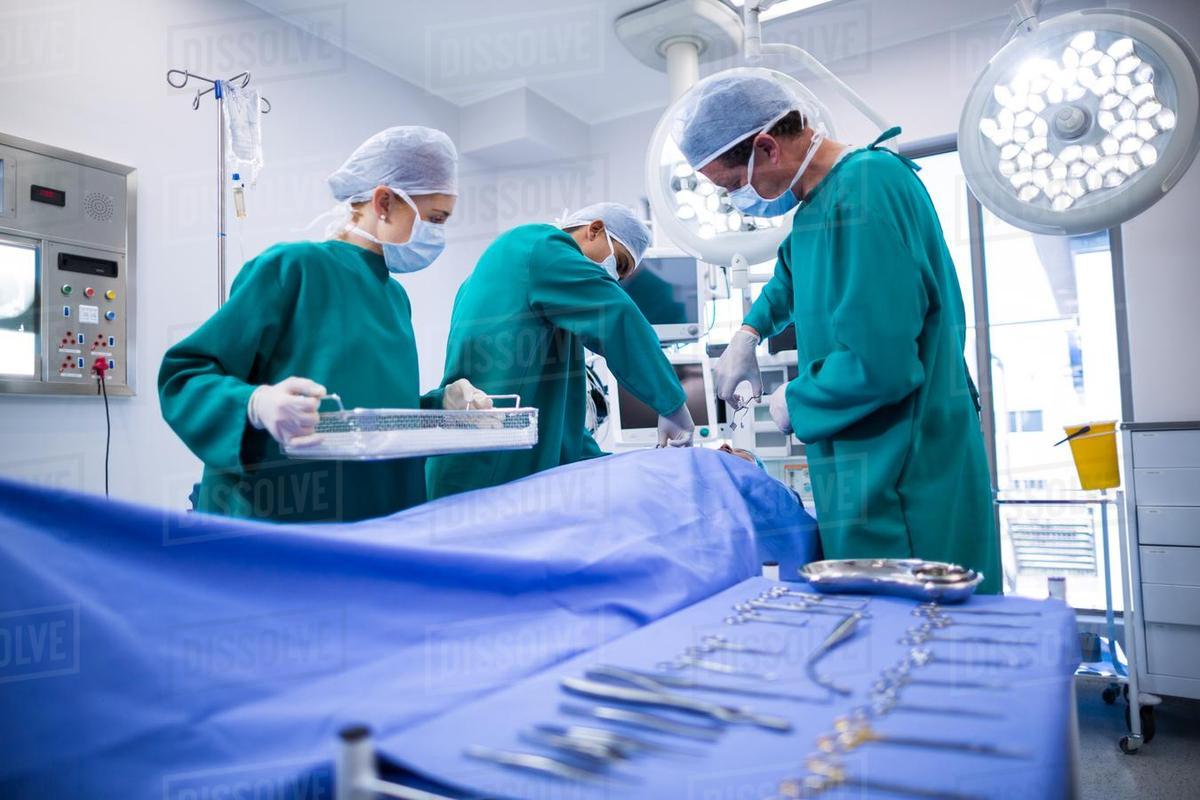An investigation has revealed that, patients around the world are suffering pain and many have died as a result of faulty medical devices that are unsafe and have not been adequately tested. The devices include heart pacemakers, rods to correct spines, and artificial knees and hips.
This inhuman activities have been allowed on to the market by a system dogged by poor regulation, lax rules on testing and a lack of transparency. The investigation found implants that had failed in baboons, or were tested only on pigs and dead bodies, were coming onto the market.
In the UK alone, regulators received 62,000 “adverse incident” reports linked to medical devices between 2015 and 2018. A third of the incidents had serious repercussions for the patient, and 1,004 resulted in death.
In the US, the Food and Drug Administration (FDA) has collected 5.4m “adverse event” reports over the past decade, some from manufacturers reporting problems in other parts of the world.
These included 1.7m reports of injuries and almost 83,000 deaths. Nearly 500,000 mentioned an explant surgery to remove a device.
The figures come from research by 252 journalists from 59 media organisations in 36 countries, which has uncovered a litany of problems in the global $400bn (£310bn) industry.
The findings raise concerns about the level of scrutiny devices undergo before and after they go on the market, and whether regulators detect and act upon findings quickly enough.
Prof Derek Alderson, the president of the Royal College of Surgeons, said there had been enough incidents involving flawed devices to “underline the need for drastic regulatory changes”, including the introduction of mandatory national registries for all implantable devices.
“In contrast to drugs, many surgical innovations are introduced without clinical trial data or centrally held evidence,” he said. “This is a risk to patient safety and public confidence.”
>Juthy Saha













